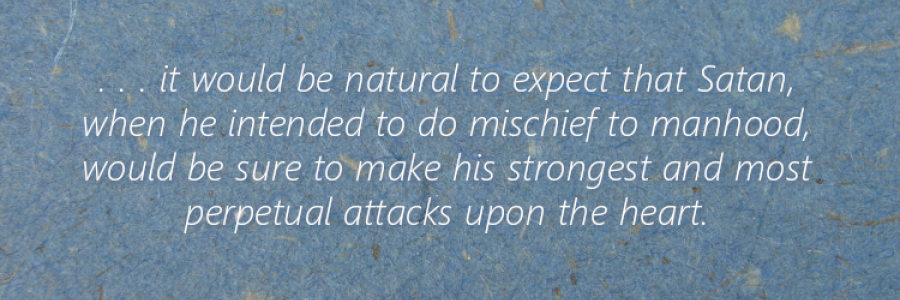3 Questions For Setting God-Centered Goals
Body
“1. Do I want to glorify God or to glorify myself? Edwards’s fourth resolution is ‘never to do any manner of thing, whether in soul or body, less or more, but what tends to the glory of God; nor be, nor suffer it, if I can avoid it.’” - TGC



Discussion